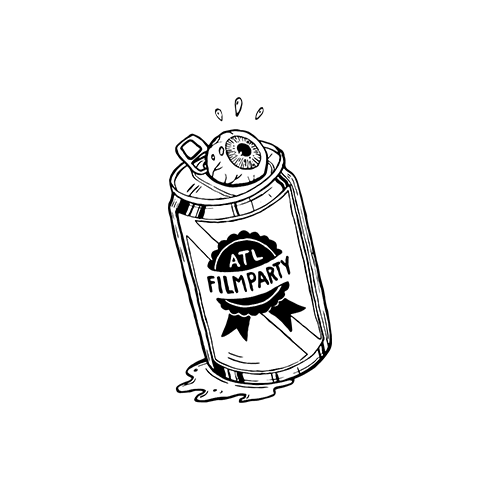At the age of six, Daniela Cintron had already set her sights on a career in journalism. Growing up in Mexico, she attended Summer camp and often waited for her parents to pick her up after activities were finished. It was during these moments that she first glimpsed the world of radio broadcasting, which would ultimately chart her course in life.
“To get to the library, you had to pass this big window where the radio broadcasters were talking and doing their show,” Cintron told AFPZine over a Zoom call. “You could tell when they were on the air, off the air, and I would just be hooked. I would be watching the whole time while I waited on my parents, and one day I just walked in and I was like, ‘I would like a job,’ and of course the receptionist thought I was crazy.”
With a persistence that seemed exceptional for a six-year-old, Cintron eventually approached the station's owner and pleaded for an opportunity.
“My parents got there, we all had a conversation and the owner said, ‘If you really want to be in radio, would you wake up at 5 AM?’ and I was like ‘Absolutely.’”
From that point onward, every summer as a young student in Mexico, Cintron would rise early to co-host the morning show.
“[It] was very challenging, because the host of that morning show was an icon,” Cintron added. “But I loved it and I took it very seriously…I was hooked.”
In college, Cintron pursued a degree in Mass Communication, and right after graduation, she secured a position at a marketing agency specializing in the Latino market in Atlanta. It was during this time, simply for fun, that she started a food blog. Friends soon recommended her for various freelance writing opportunities.
Cintron reflected on how her marketing background continues to inform her writing, helping her effectively market her art while maintaining authenticity. Nevertheless, her primary challenge has always been dismantling stereotypes when writing about underrepresented voices.
“I think the story that impacted me the most was for Oz Magazine. It wasn’t intended to be such a big story. It was about Latinos,” explained Cintron. “I first pictured it as a story about Latinos and film and honestly it was wrong of me to do that because you cannot cram all of that information in one article.”
The story earned her the Atlanta Press Club's Award of Excellence.
“It changed me to believe more in my art and to see my writing as a piece of art, just like [the Latinos I interviewed] see what they do and take it so seriously,” added Cintron.
“I realized how much I love [writing] and it wasn’t until two years ago when Discover Atlanta asked me to come on board full-time. I really didn’t think I was capable of doing it, because I was like, ‘Oh my God, this writing thing has been a side gig for me.”
“Marketing has really helped me market my art while still being true when I’m writing,” Cintron reflected on how her past experience at the marketing agency strongly informs her writing today. However, the biggest challenge has always been breaking stereotypes when writing about underrepresented voices. “All that can really cloud over and take over the way you’re thinking, the way that you are approaching stories. Making sure you take that out of the equation and just completely starting with a clean state. It’s one of the biggest challenges, because we’re just overflowed with information.”
“The other challenge with talking to underrepresented voices is that they don’t always want to talk, because they might be scared. I think that’s huge. Overcome that by gaining the care and the trust of the people in order to give them space to speak.”
For those contemplating stories about underrepresented or marginalized individuals, Cintron offered sage advice, “If you don’t care, don’t write it.”
“You’re not just going to tell the story and drop them; you’re going to be part of something together, and I think that’s a big challenge.”
“The first thing I say and I always ask is: has this story been told before? And if it has, how can I tell it differently,” Cintron questions before taking on a story.
Cintron treats her interviewees with the same respect she holds for her readership.
“I want them to get something, to learn something, to walk away with something new; something that they didn’t know and can help them,” Cintron said. “It’s about telling the story and also being truthful to what I’m writing, being completely honest and not following somebody’s agenda – which is incredibly hard. It’s one of the biggest challenges I have right now.”
Ultimately, Cintron believes in putting agendas and stereotypes aside to write authentically.
“I'm writing and then I'm thinking of my editor. I'm thinking of my boss who's gonna read it, who's gonna proof it, and then I have to back up and say, ‘No, write from the heart, just write from the heart.’ Be truthful and then we will shape it; that’s my criteria when writing the story.”
Today, Cintron serves as the Content Manager at Discover Atlanta, a platform that uncovers the hidden gems of the city. Simultaneously, she's pursuing a Master's in Journalism at Harvard University.


